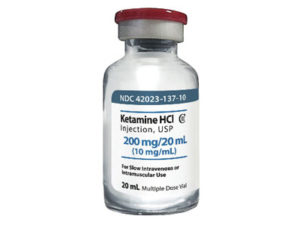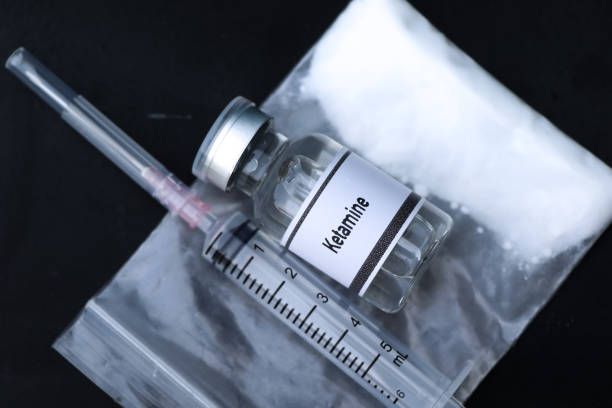A preliminary study of five patients suffering from both depression and substance abuse disorders suggest that isn’t the case. The study was published Jan. 9 in the journal JAMA Psychiatry.
Substance abuse and depression are common in many patients, and efforts to treat both conditions simultaneously have had limited success. One recent study suggested that the antidepressant effects of ketamine might blunted by administration of naltrexone, used to limit cravings of those addicted to opioid drugs and alcohol.
The results “raise the possibility that for people who have depression complicated by substance abuse disorders, the combination of ketamine and naltrexone may be a strategy to explore in the effort to optimally treat both conditions,” said senior author John Krystal, Yale’s Robert L. McNeil Jr. Professor of Translational Research; professor of psychiatry, neuroscience, and psychology; and chair of the Department of Psychiatry.
Krystal and lead author Gihyun Yoon, assistant professor of psychiatry, treated the five patients suffering from depression and alcohol use disorder with a long-lasting form of naltrexone and then administered ketamine. Four of the five responded to the first ketamine dose and all five found relief from depression after multiple doses.
Ketamine has rapid and robust antidepressant effects. However, there are concerns about the abuse liability of ketamine.1 This concern was heightened recently owing to a preliminary report suggesting that antidepressant effects of ketamine might be dependent on opiate receptor stimulation.2 Below, we present pilot data that indicate that the antidepressant effects of ketamine are not attenuated by naltrexone pretreatment. As a result, the combination of opiate receptor antagonism with ketamine might be a strategy to reduce addiction risk among patients with depression at risk for substance abuse.




Leave A Comment